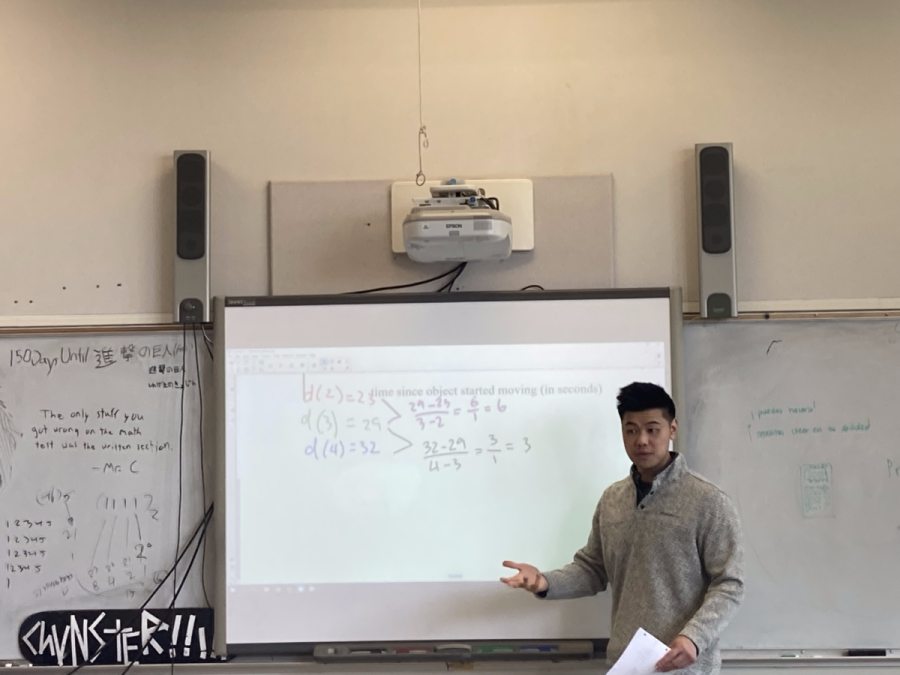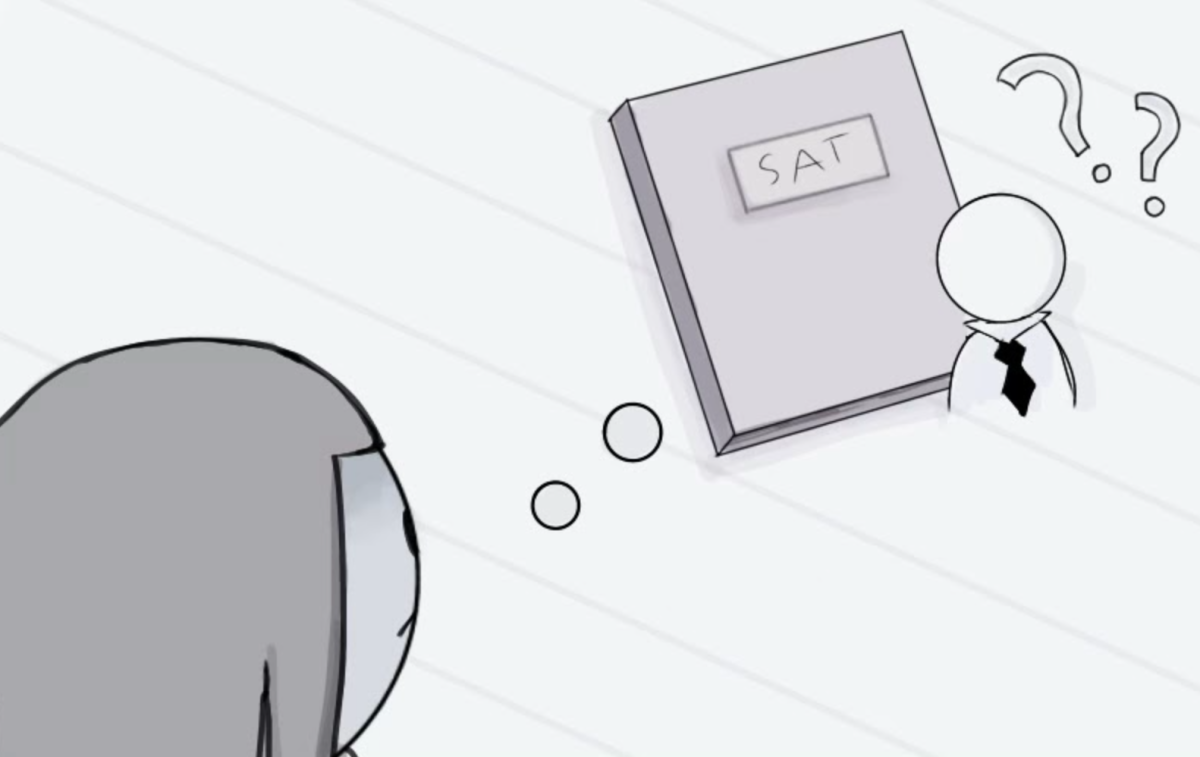To study for a test, students often memorize dozens of facts and formulas. However, memorization should be replaced with an often-neglected but more useful skill: critical thinking.
Teachers test students mainly on their knowledge, but modern technology like the Internet and ChatGPT is now much better at memorizing than humans. Computers can store a million more facts than human brains.
However, computers are not as competent at evaluating information. They can provide information, but it is up to humans to think about the world’s information and critically assess it.
According to the University of Louisville, critical thinking is “the intellectually disciplined process of actively and skillfully conceptualizing, applying, analyzing, synthesizing, and/or evaluating information gathered from, or generated by, observation, experience, reflection, reasoning, or communication, as a guide to belief and action.”
According to the Critical Thinking Academy, there are many benefits to developing critical thinking, like building argumentative skills and becoming more immune to fallacies and biases.
A lot of information is false or misleading, and people who think critically can notice and evaluate that information. As a result, people are less likely to be affected by fake news, propaganda, and manipulative information.
A study by The Foundation for Critical Thinking found that schools of all levels need to teach critical thinking more effectively. The underlying reason is that critical thinking needs to be better understood at all levels. In a data set of 140 education faculty, only 9% intentionally taught to build critical thinking.
Nevertheless, it is possible to change this lack of effectiveness. The Foundation for Critical Thinking recommends faculty training to build critical thinking skills as a solution. To ensure those critical thinking skills translate to a classroom environment, schools should implement a mandate requiring teachers to train critical thinking skills.
Educators can implement critical thinking into classes like English and math in many different ways. According to Northwestern University, some possibilities for increasing critical thinking in the classroom include reflection, peer review, and discussion activities.
In addition, new classes can be created that utilize mostly critical thinking. Because there are so many facets of critical thinking, like logic and information literacy, critical thinking can be a class all by itself. Another possible class is one that combines leadership and critical thinking, where leaders learn a form of communication that is more credible and influential.
Some might argue that critical thinking shouldn’t be used in STEM subjects like math and biology because those subjects are inherently built off memorization. For a subject like math, most students who learn and study do so by memorizing formulas.
However, that notion fails to consider that people can apply critical thinking to all subjects. According to the International Journal of Research in Education and Science, math allows teachers to bring out critical thinking skills like reasoning, logic, and validity. Students can seek new strategies and ways to approach problems, meaning people can also apply critical thinking to STEM.
The point of going to school and getting an education is to prepare oneself for the future, and learning how to think critically is more beneficial for that future than memorizing loads of information. In a society where modern technology can do a lot of skills better than humans can, humans need to expand the skills that computers and artificial intelligence cannot learn as easily. By doing so, we will have a world that can better detect false data, argue points better, and collaborate with others more effectively.













